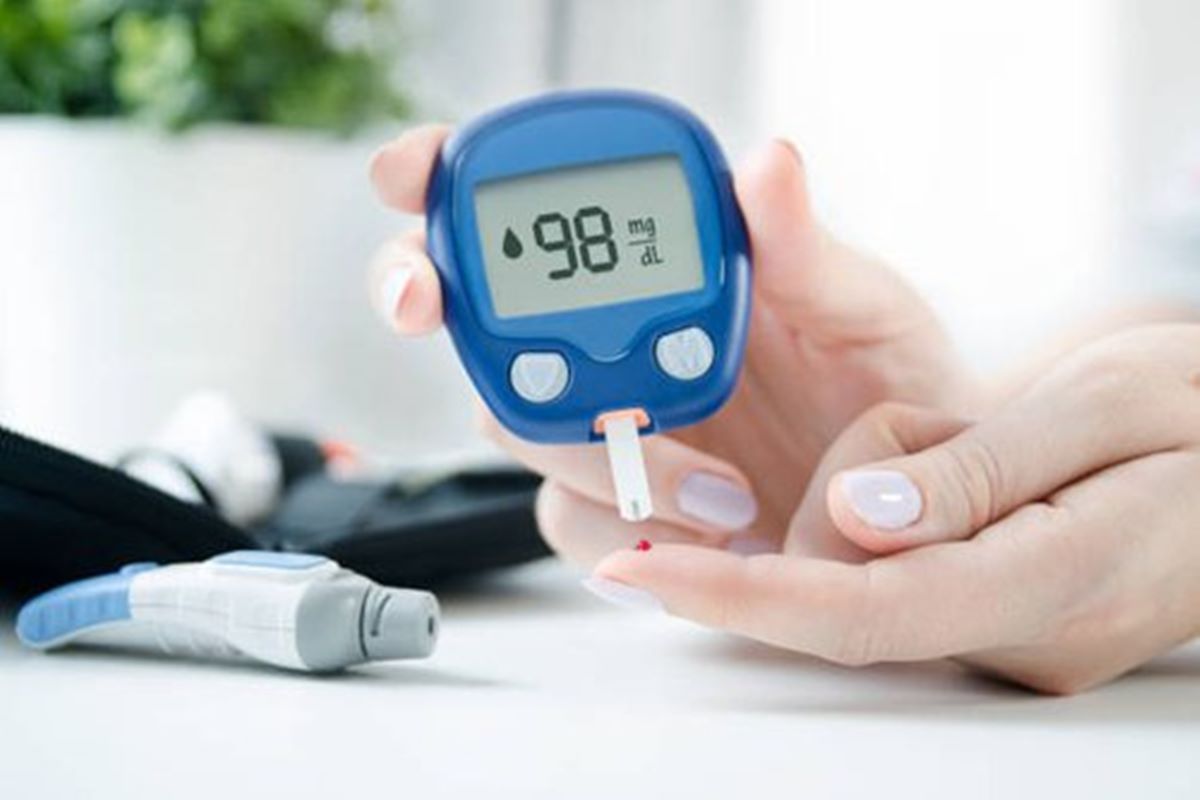As we all know diabetes is linked to high blood sugar, which in turn can raise the risk for other illnesses such as heart and kidney disease. But lowering the blood sugar levels is possible, and in the case of Type 2 diabetes, the diagnosis can be reverted.
What Is Blood Sugar?
According to a physician at Stanford University, blood sugar (glucose) is the preliminary energy source in the blood that reserves energy for every cell in the body, the prevalence of this sugar comes from the food we eat which is called primarily carbohydrates.
When we eat, carbohydrates break down into glucose (or sugar) during the digestion process. Insulin allows sugar from the blood to be immersed and used as energy. To maintain healthy blood sugar levels, our body can make glucose during times when we fast. This response takes place primarily in the liver.
What Happens When the Blood Sugar levels Are High?
Type 1 and type 2 diabetes are severe conditions generally associated with high blood sugar. There is also prediabetes, which is a disorder where blood sugars are boosted but not elevated sufficiently for a diagnosis of type 2 diabetes. If Left untreated, prediabetes can get into type 2 diabetes.
How to Lower Blood Sugar
While high blood sugar over the long term can be dangerous, there are many ways to lower it quickly and effectively. Medication is required lower blood sugar levels.
People with type 1 diabetes require insulin via injections or an insulin pump to lower blood sugar. For type 2 diabetes, an oral medication, or a combination of oral medication and insulin, is specified.
There are some natural ways to balance blood sugar levels according to EX District Ayurvedic Officer (DAO), Himachal Pradesh Dr Hem Raj Gautam here are some ways to lower your sugar levels naturally
Eat balanced meals
Eating fibre-rich foods, healthy fats and lean protein sources is key to managing blood sugars. Fibre can slow down the digestive process, which helps keep blood sugar levels constant and stimulate fullness. For example, foods like almonds—a source of fibre, healthy fat and plant-based protein, can improve post-meal blood sugar.
Avoid sugary drinks
The physician, advises avoiding sweet drinks like soda, cold drinks etc. It is experimented that sugar-sweetened beverages can contain 10 to 12 teaspoons of sugar in a 12- ounce serving, which can immediately spike blood sugar. American Heart Association instructs to consume 6 and 9 teaspoons of added sugar per day for women and men, respectively
Consume carbs at the end
Beginning the meal with vegetables and protein and eating carbs in the last can also help lower blood sugar according to a 2020 study in Clinical Nutrition also found that food intake sequence is very important i.e the order in which particular foods like proteins and carbohydrates are eaten affects the glucose levels.
Add cinnamon
Studies suggest that adding cinnamon to the diet may naturally sensitize the body to insulin according to Dr Gautam cinnamon acts as a stimulant for the action of insulin in the body. Cinnamon already has many medicinal properties.
Exercise
As we know exercise is useful in maintaining general health and can lower blood sugar for up to 24 hours or more after a workout. Physical movement authorizes the body to use excess sugar in the blood for fuel. Short walks can also be useful.
Sleeping well
Maintaining good sleeping habits is important since inadequate and interrupted sleep is related to the elevation of blood sugars and increased diabetes risk. Adults must aim for seven hours of sleep a night, according to the Centers for Disease Control and Prevention (CDC).
Quit smoking
Smoking works as fuel and fire for people with diabetes. Quitting smoking is not only good for your lungs but also helps manage blood sugars and lowers the risk of damage to blood vessels, according to the American Diabetes Association












